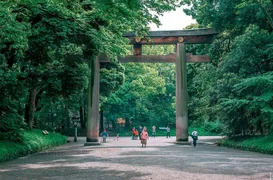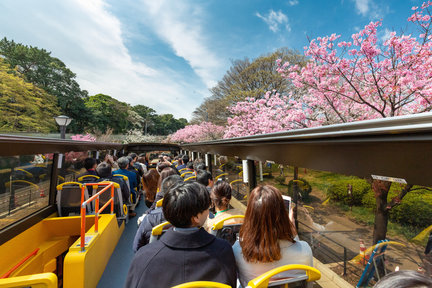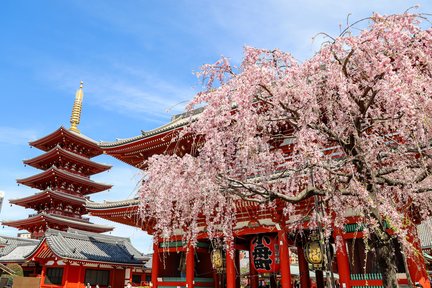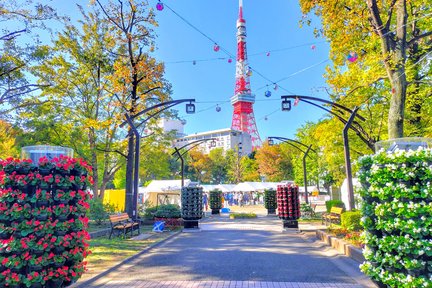ศาลเจ้าเมจิ

กิจกรรมและบริการที่น่าสนใจใน ศาลเจ้าเมจิ
สนุกสุดเหวี่ยงตามเสียงหัวใจ
พักผ่อนเต็มที่ไม่มีลิมิต
เดินทางสบายสไตล์คุณ
อร่อยเด็ดเจ็ดย่านน้ำ
สำรวจเพิ่มเติม
ความคิดเห็นที่นักท่องเที่ยวมีต่อ ศาลเจ้าเมจิ
สถานที่ใกล้เคียง
คำถามที่พบบ่อยเกี่ยวกับ ศาลเจ้าเมจิ
ช่วงเวลาไหนที่ดีที่สุดในการเยี่ยมชมศาลเจ้าเมจิในโตเกียว?
ฉันจะไปศาลเจ้าเมจิในโตเกียวได้อย่างไร?
ฉันควรรู้อะไรบ้างเกี่ยวกับการเยี่ยมชมศาลเจ้าเมจิเพื่อหลีกเลี่ยงฝูงชน?
เวลาทำการของศาลเจ้าเมจิในโตเกียวคือเวลาใด?
มีพฤติกรรมที่ควรปฏิบัติอย่างไรเมื่อเยี่ยมชมศาลเจ้าเมจิ?
ช่วงเวลาใดที่มีเทศกาลที่น่าสนใจในการเยี่ยมชมศาลเจ้าเมจิในโตเกียว?
ข้อควรรู้ก่อนเดินทางไปยัง ศาลเจ้าเมจิ
สถานที่ท่องเที่ยวแนะนำ
Naien
Explore the inner precinct of the shrine, featuring the shrine buildings and a treasure museum showcasing artifacts of the Emperor and Empress. Admire the Azekurazukuri style architecture and delve into the rich history of the imperial couple.
Gaien
Discover the outer precinct, home to the Meiji Memorial Picture Gallery with 80 murals depicting the lives of the Emperor and Empress. Enjoy various sports facilities, including national stadiums, and visit the Meiji Memorial Hall for Shinto weddings and cultural events.
Ootorii, Great or Second Torii Gate
Experience the awe-inspiring sight of the largest wooden myojin-style torii gate in Japan, standing at 12 meters tall and 17.1 meters wide. Walk through this sacred gate made from a 1,000-year-old Japanese cypress to enter the main shrine grounds.
Cultural and Historical Significance
Meiji Shrine was established in 1920 to honor Emperor Meiji's role in the Meiji Restoration. The shrine's construction involved materials from all over Japan, symbolizing unity. Experience traditional Shinto rituals and ceremonies in this sacred space.
Local Cuisine
While Meiji Shrine itself does not offer dining options, nearby areas like Yoyogi Park boast a variety of food stalls and restaurants serving authentic Japanese cuisine. Don't miss the opportunity to savor local delicacies like sushi, ramen, and tempura.
Culture and History
Experience the rich cultural heritage and historical significance of Meiji Jingu, dedicated to Emperor Meiji and Empress Shoken. Learn about Shinto rituals, traditional architecture, and the spiritual practices of the shrine.
![[ทัวร์โตเกียวแบบคลาสสิก 1 วัน] ศาลเจ้าเมจิ จิงกู + ฮาราจูกุ + ชิบูย่า + วัดเซนโซจิ + หอสังเกตการณ์โตเกียวสกายทรี + โอไดบะ](https://res.klook.com/image/upload/fl_lossy.progressive,w_432,h_288,c_fill,q_85/activities/vqdxqvpdfrb0s18sbqio.jpg)


